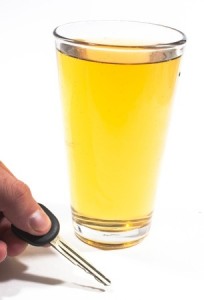
In State v. Harris, No. A-0162-13T1 (N.J. Super. Ct. App. Div. Feb. 4, 2015), the Appellate Division examined the cases of five individuals, who were separately convicted of driving while suspended after a DWI conviction. Each of the defendants had submitted guilty pleas in Camden County. Instead of receiving time behind bars, each of the defendants was permitted to serve their time under house arrest or some other program. However, the Camden County prosecutors did not agree with the judicial interpretation of the sentencing laws. They appealed. The Appellate Division judges evaluated the cases and ruled on the state’s behalf.
What are the laws regarding sentencing for this offense? They are spelled out in NJSA 2C:40-26b,c. In short, the law finds driving while suspended after a DWI conviction to be a serious offense. The judge is required to impose a minimum sentence of 180 days behind bars. The law clearly states that a person convicted of this crime would not be eligible for parole. No other sentencing options are listed.
In the Harris decision, the court said it was clear that the legislature had a purpose in imposing a mandatory jail sentence. There are all types of programs available in place of going behind bars. However, participation in community service or substance abuse programs does not protect the general public. The only thing that ensures the safety of others is to remove the person to avoid a repeat of the same offense.
If you have been charged with a DWI offense or some other crime, it is imperative that you understand your rights. It is also essential that you are advised of the impact of any subsequent actions. The Law Offices of Anthony Carbone has handled many cases of this nature during our long time tenure as legal advisors. Call us to set up a complimentary meeting.